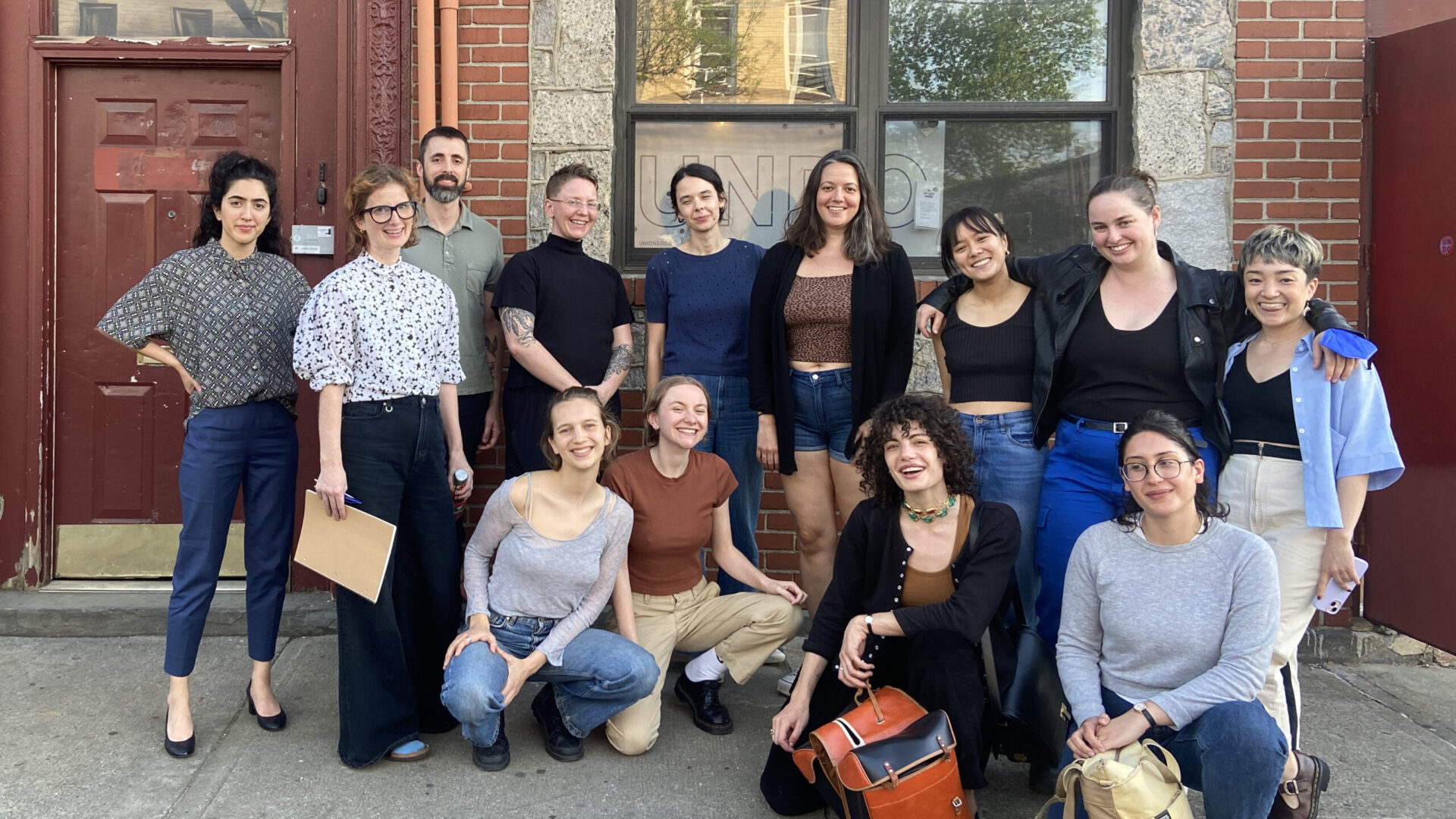The creation myth of hip-hop is, at its roots, the myth of a group of black and Latino youth from the South Bronx who sought only to create a space in which to party. It was in the Boogie Down that the influence of the Jamaican sound system battle mashed up with kids on the hunt for breaks, in the form of DJ Kool Herc. It was in the basement and street parties of the post-Cross Bronx Expressway that the poor and dispossessed came together to found a cultural movement comprised of music, dance and visual art. The precepts of the movement were codified on the street. Always uprock before downrocking. Don’t go over a burner, unless your intent was to start a war with rival writing crew. Get up. Go all-city. Emcees defeated in battle would not only lose face, but control of the mic. The loudest system runs the streets. The art was purer before the miscegenation that came from white downtown artists bringing their Bronx counterparts to the downtown art culture, the result of which was the commodificiation and appropriation of their work.
The early history of hip hop has largely existed within an oral tradition, but the accepted “creation narrative” in recent years has been formalized by the work of journalist Jeff Chang in his seminal work, “Can’t Stop Won’t Stop: A History of the Hip-Hop Generation.” In his book, Chang even references his version of the birth of hip-hop as a “creation myth.” Whether the reference is a nod to his inability to state with positive assurance his history as a definitive one, or is just intended as a synonym for legendary, is unclear. Other documents of the early years of hip hop include the academic paper ” Histories and ‘Her Stories’ From the Bronx: Excavating Hidden Hip Hop Narratives buy cyklokapron 500mg ” by anthropologist Oneka LaBennett of the Bronx African-American History Project (BAAHP) at Fordham University. In the paper LaBennett challenges the male-dominated history of hip hop’s creation myth through oral history interviews with prominent female figures from the culture. Hip hop DJ, activist and historian Davey D maintains a series of articles and interviews on the history of hip hop at his website. In order to document this mythology I would suggest a series of interviews with prominent figures from the era, such as Clive Campbell (DJ Kool Herc) and Afrika Bambaataa. Interview subjects would also include early documentarians of the culture, among them photographers Purchase Henry Chalfant online tadapox over the counter , Joe Conzo and Jamaal Shabazz. I would also suggest interviews with historians of hip hop, among them Davey D and Chang, as well as people like LaBennett, whose work challenges the widely accepted history of hip hop. online Pills online





